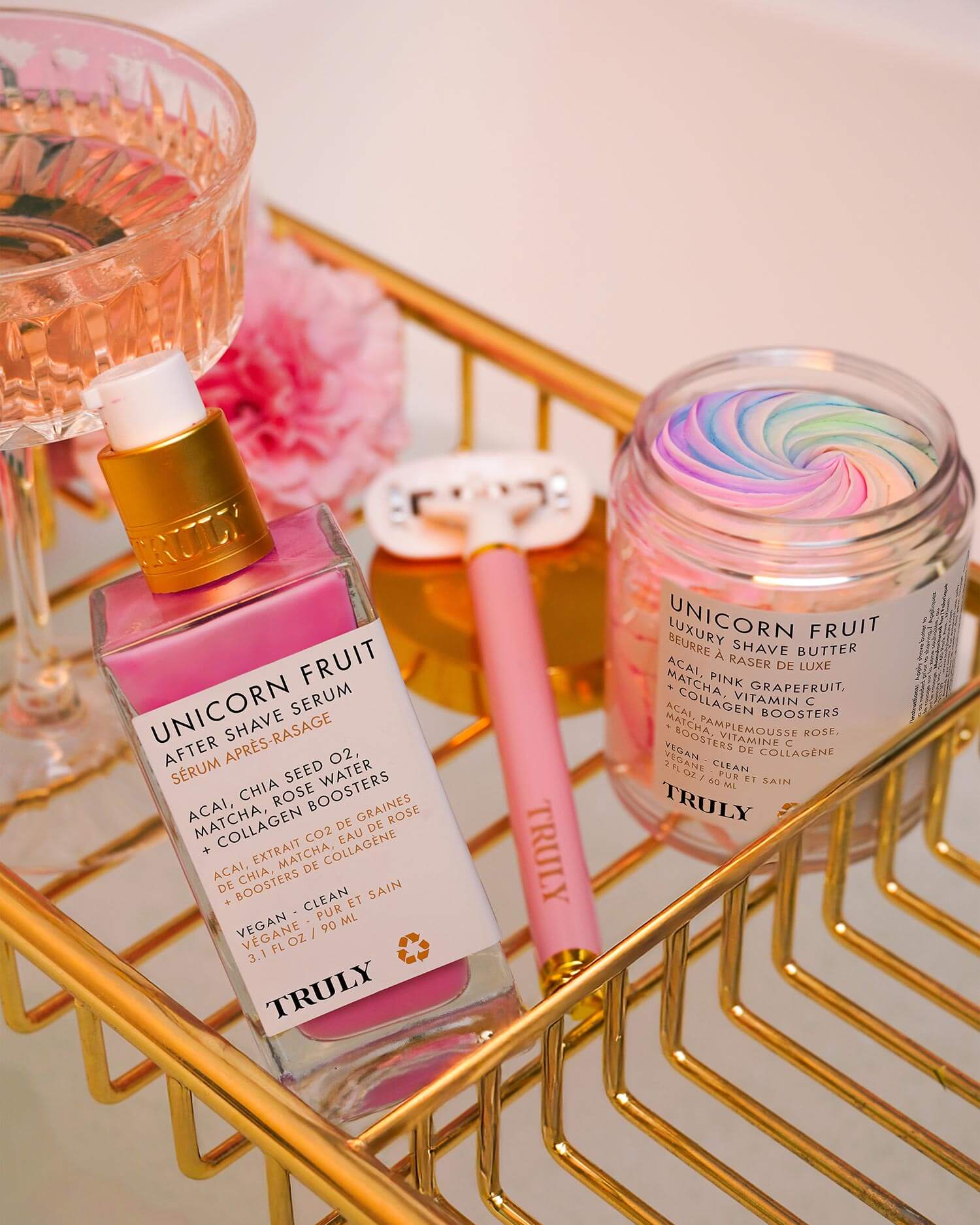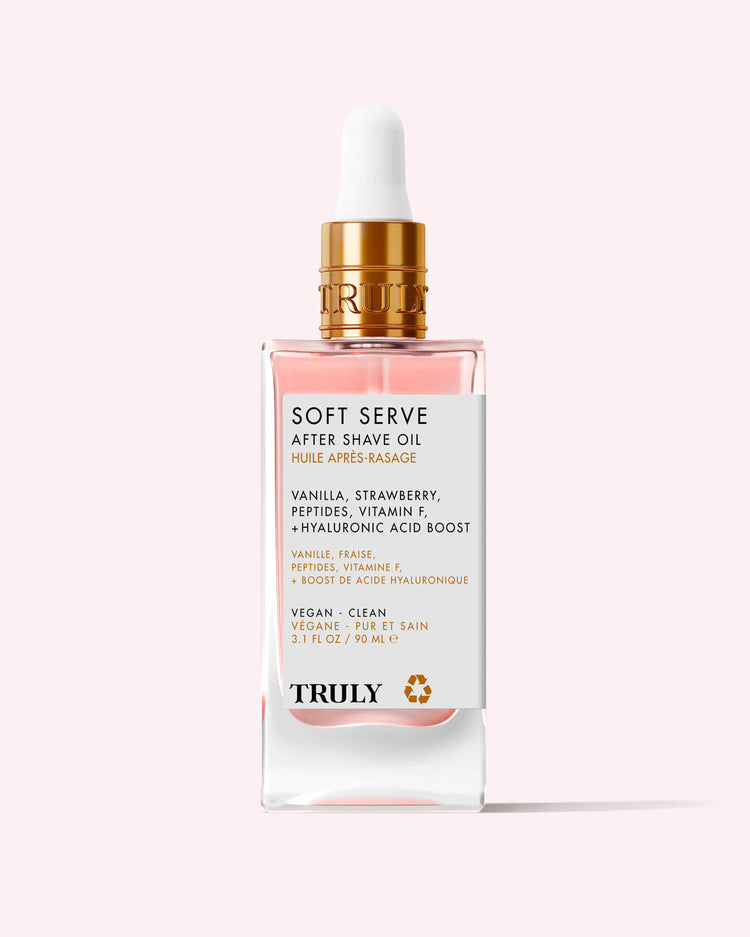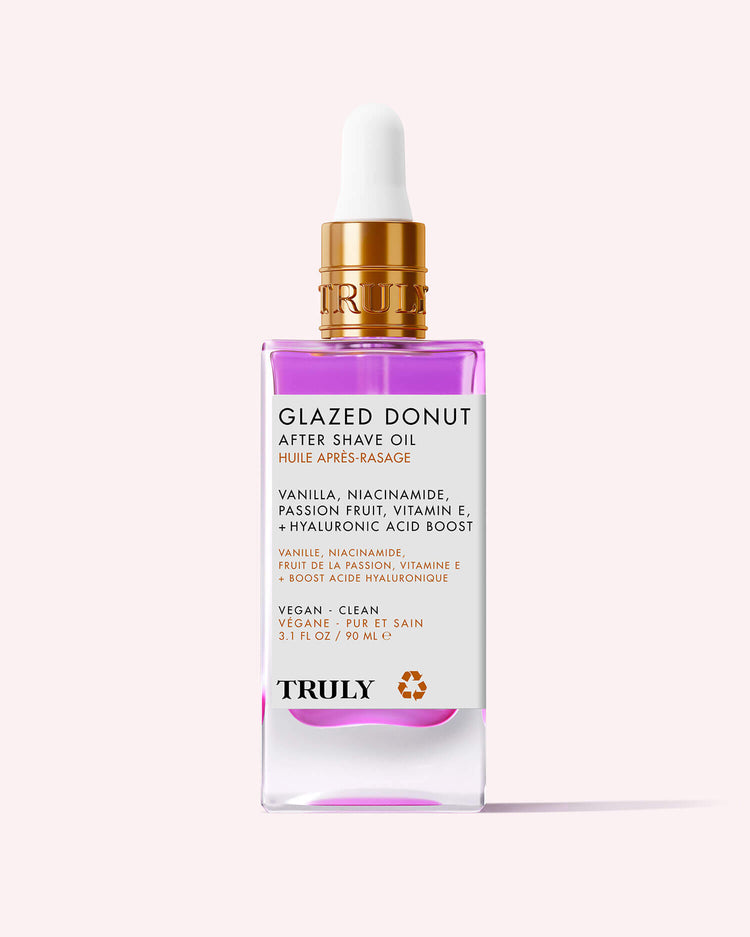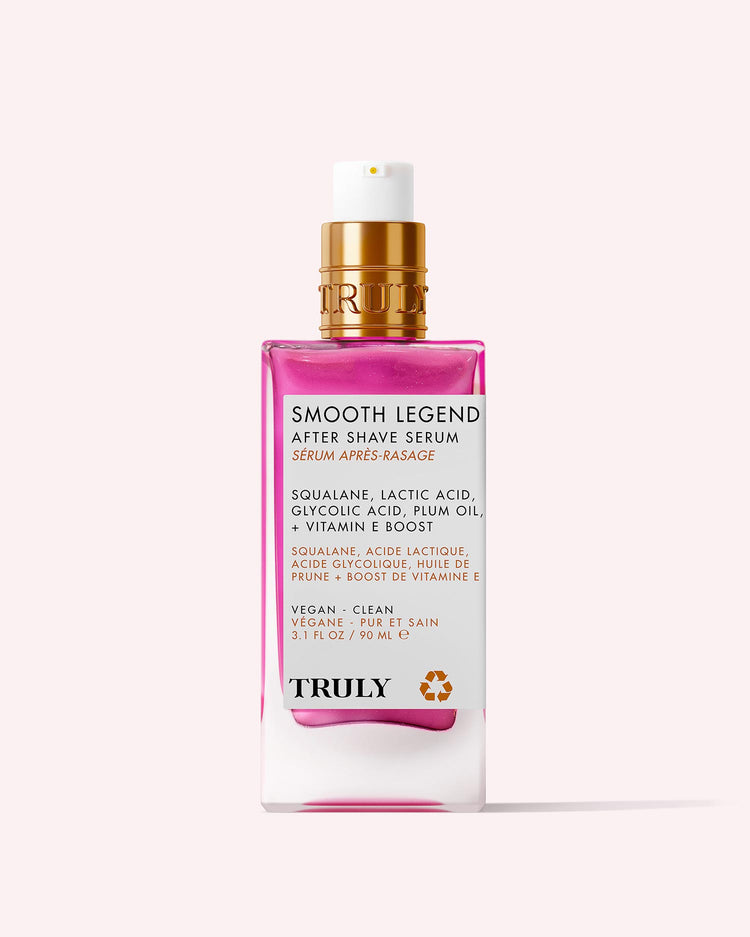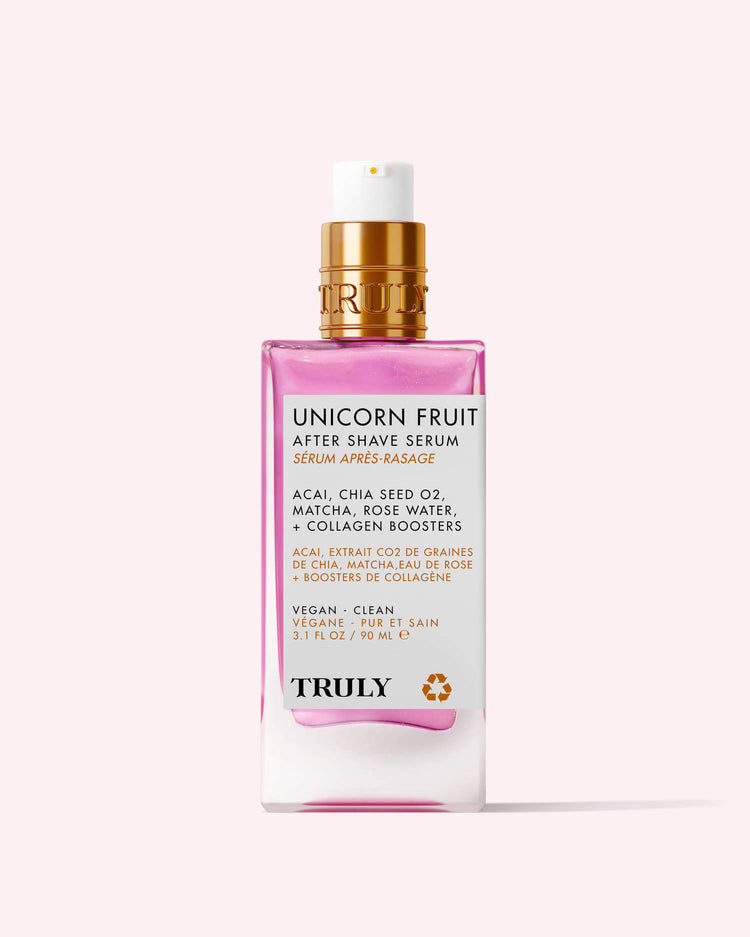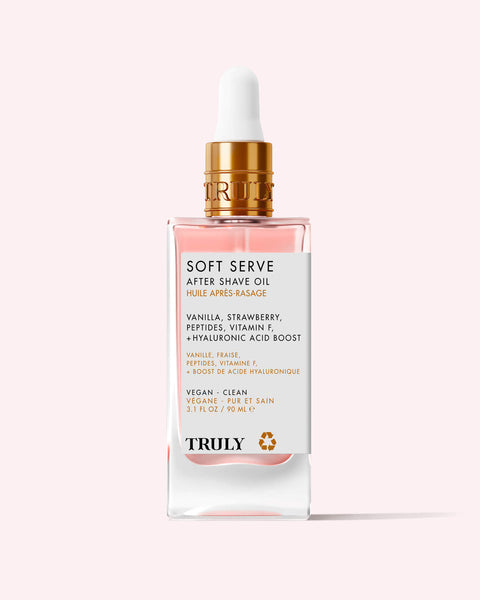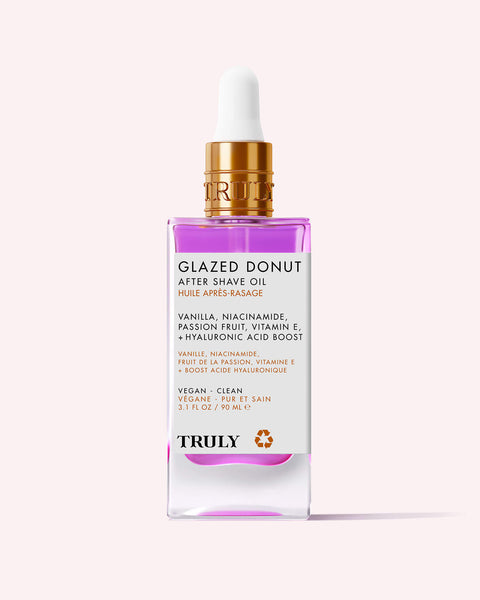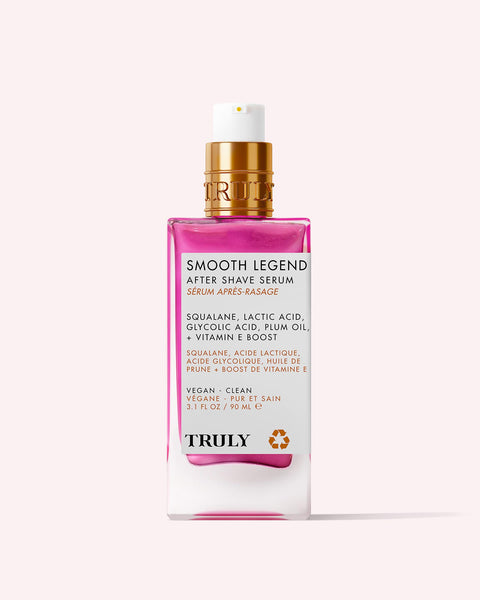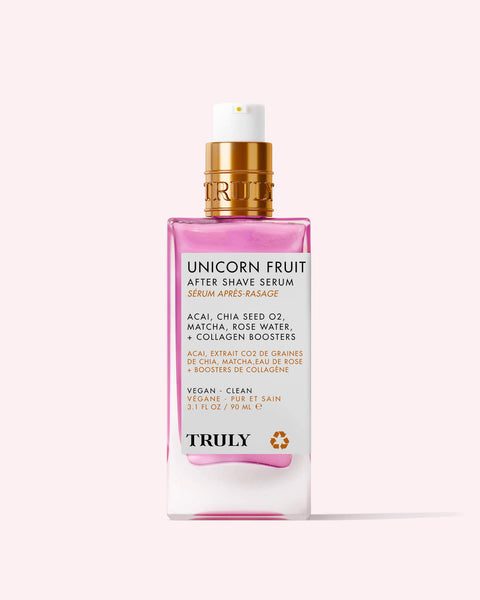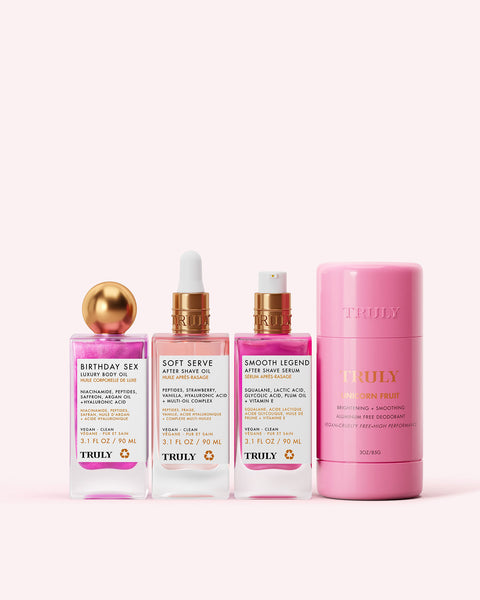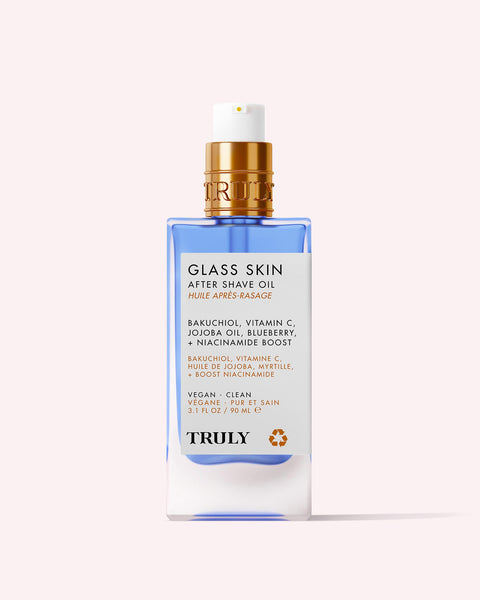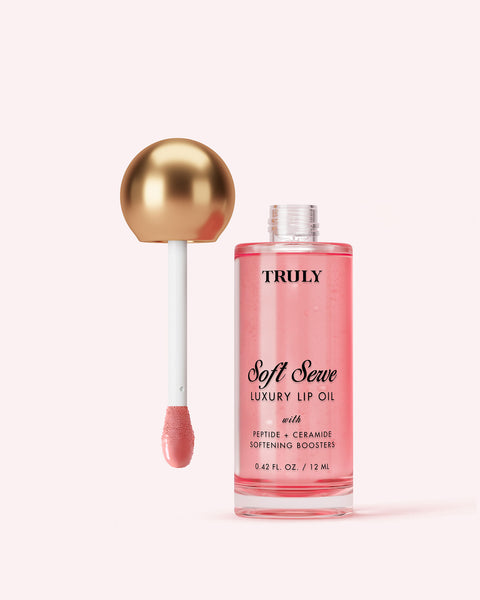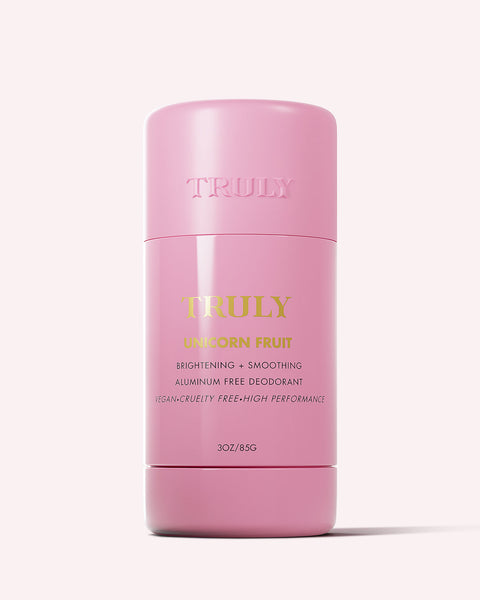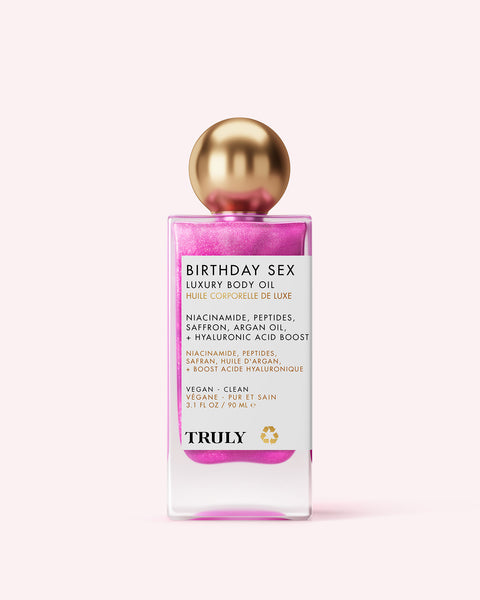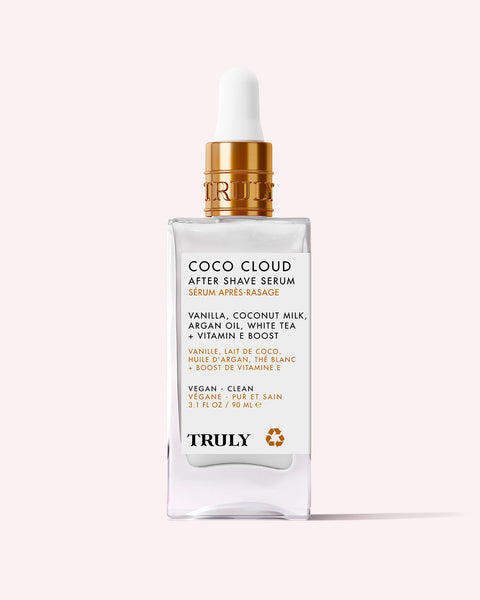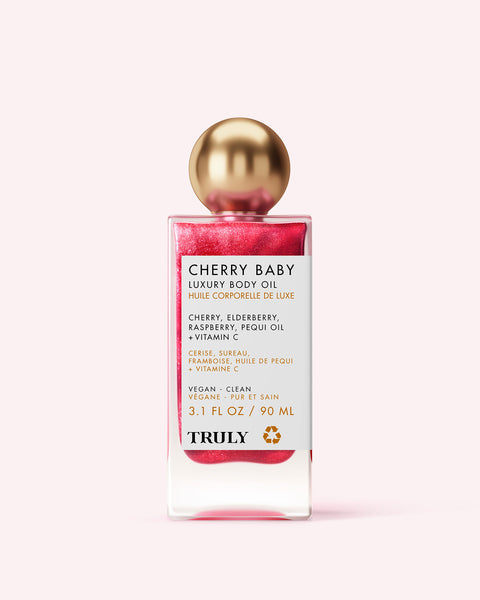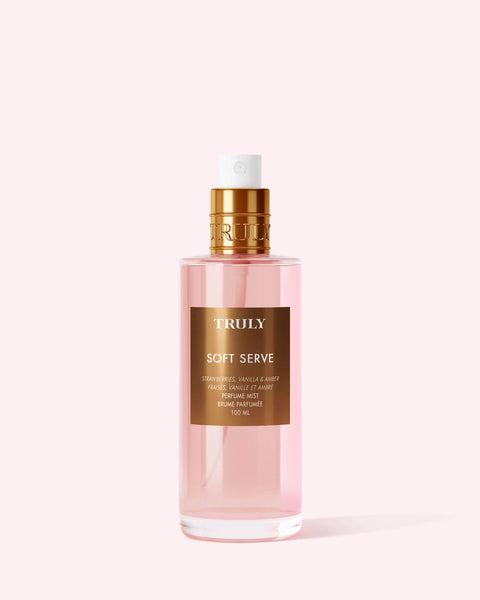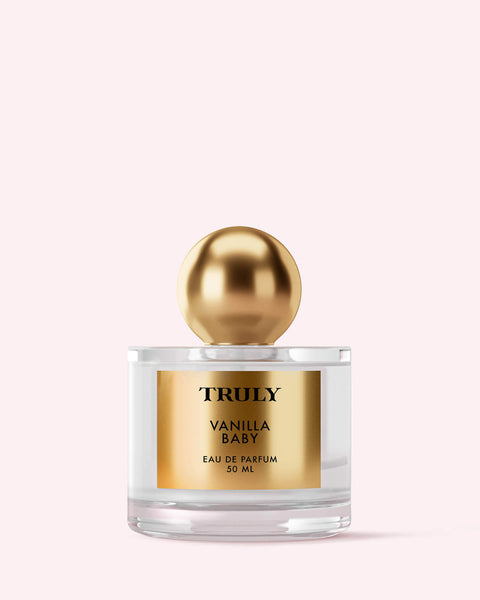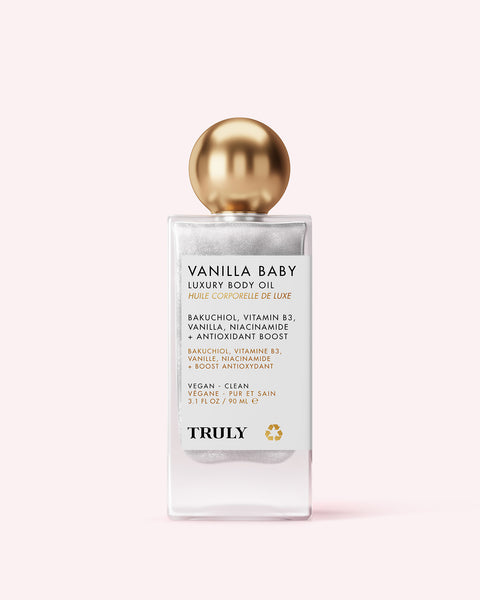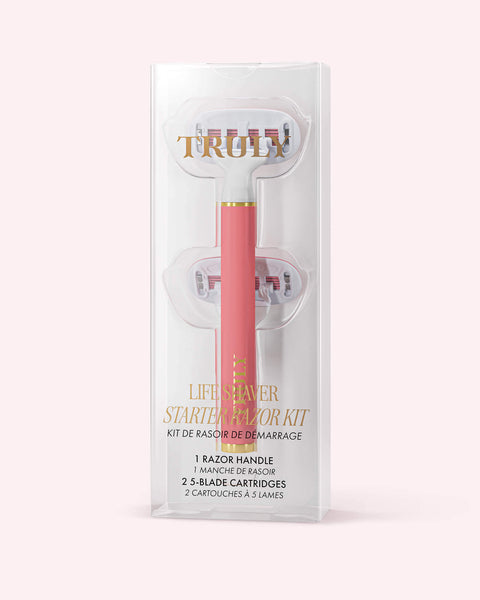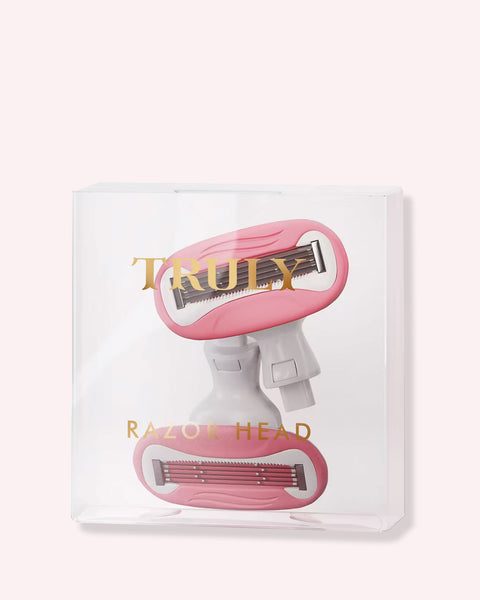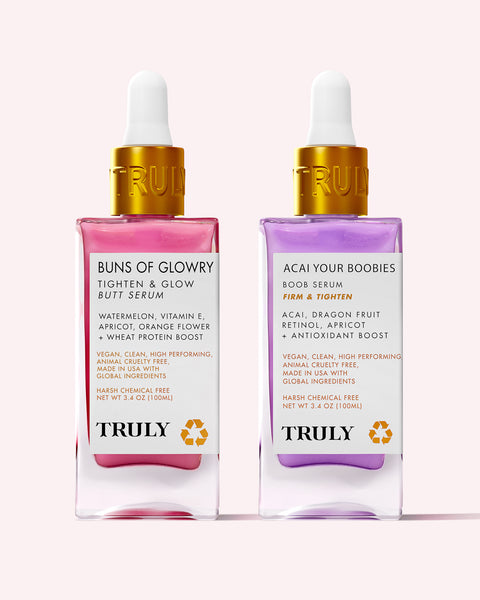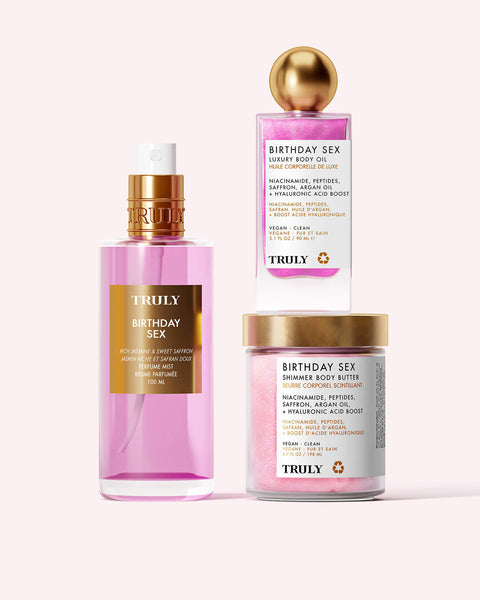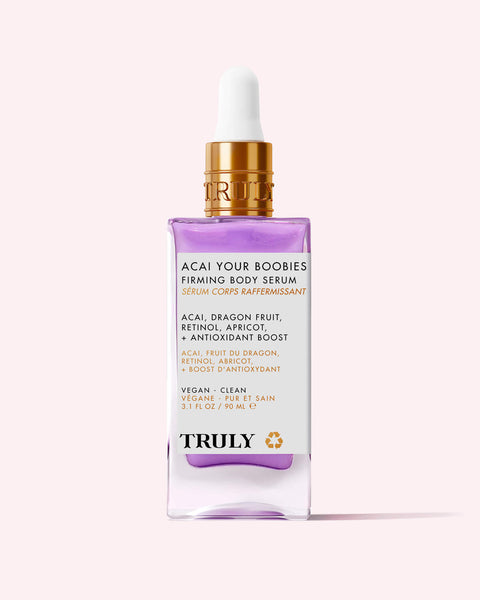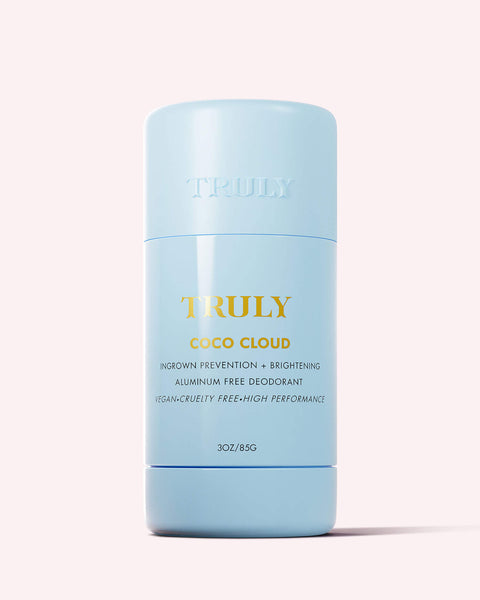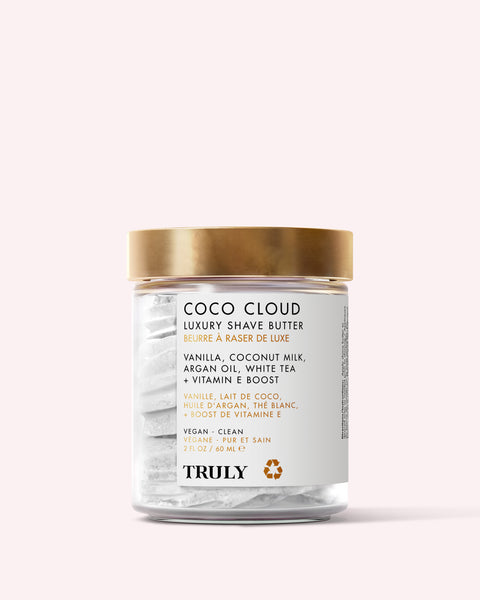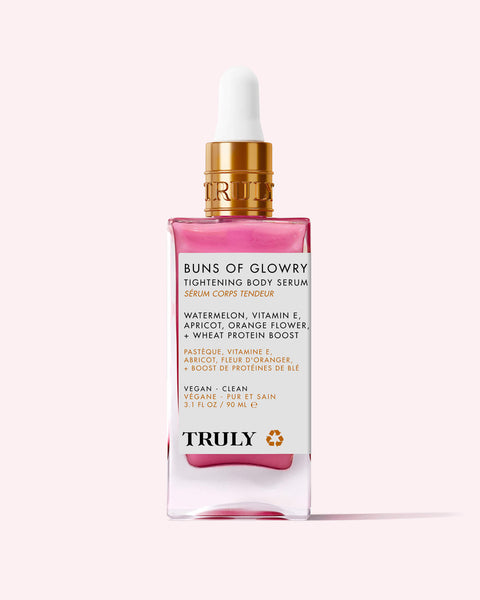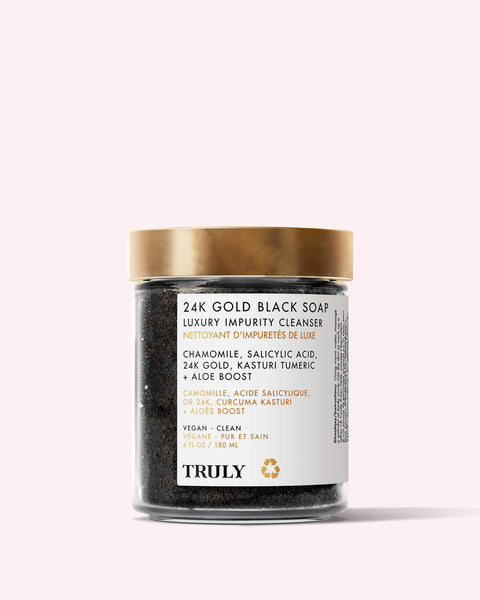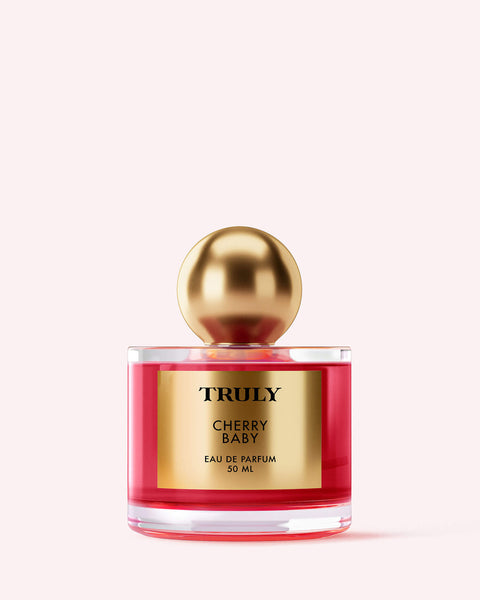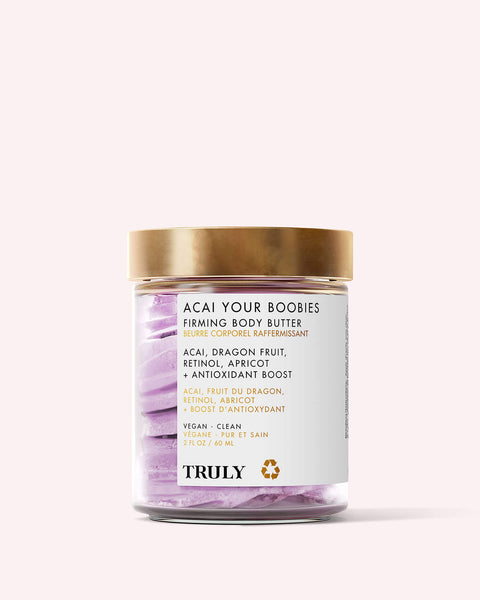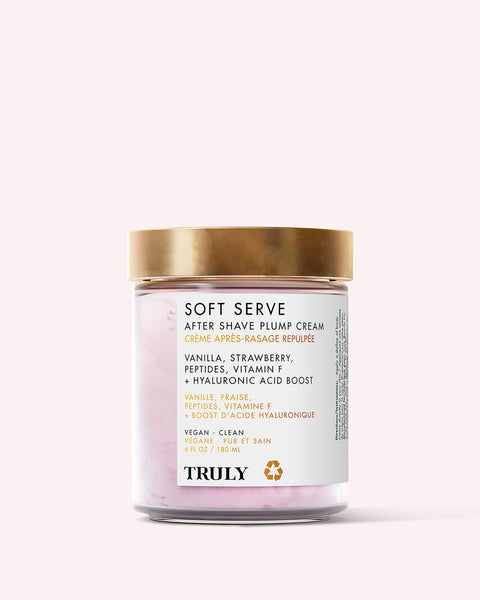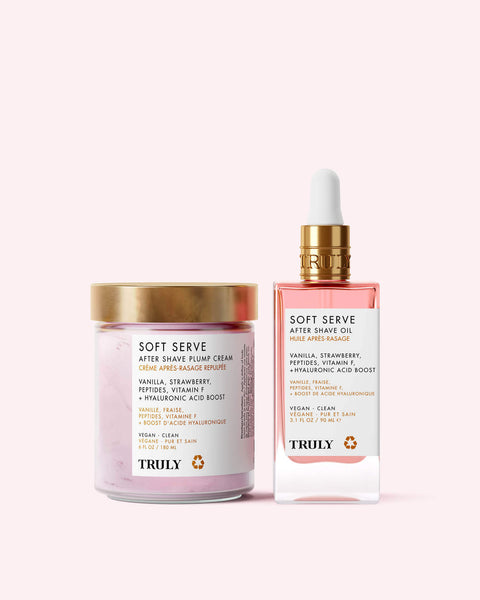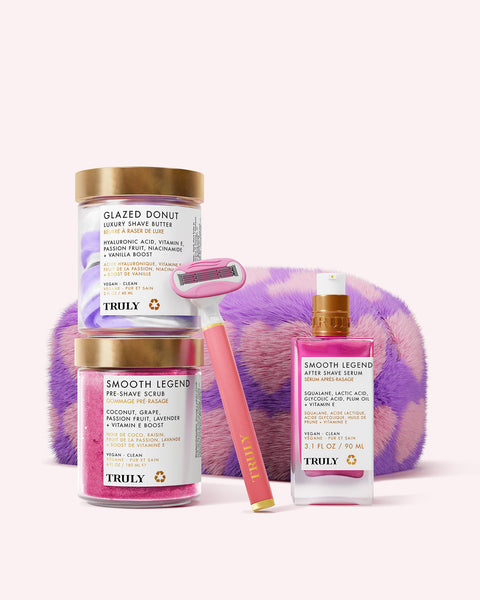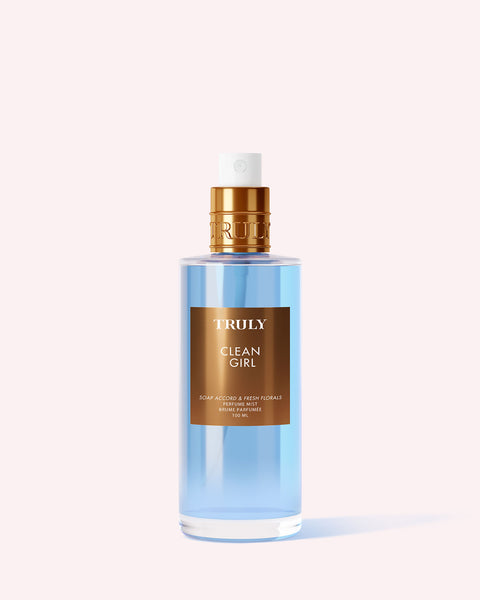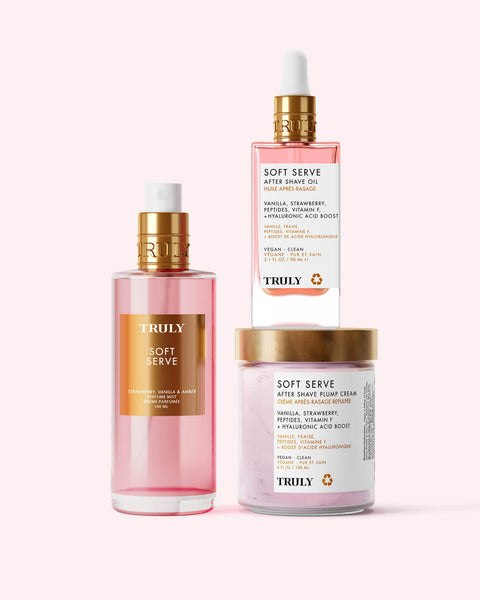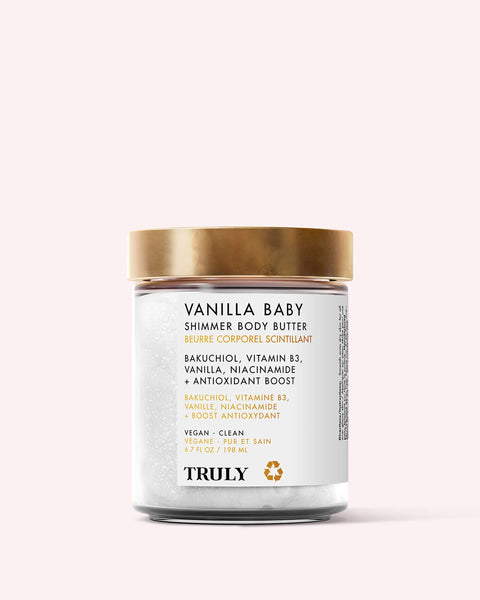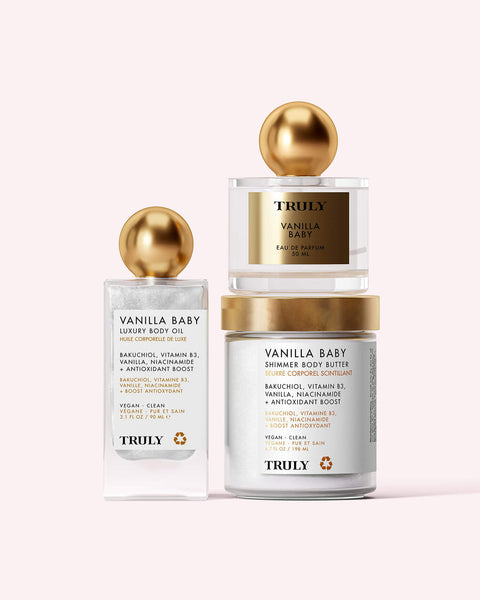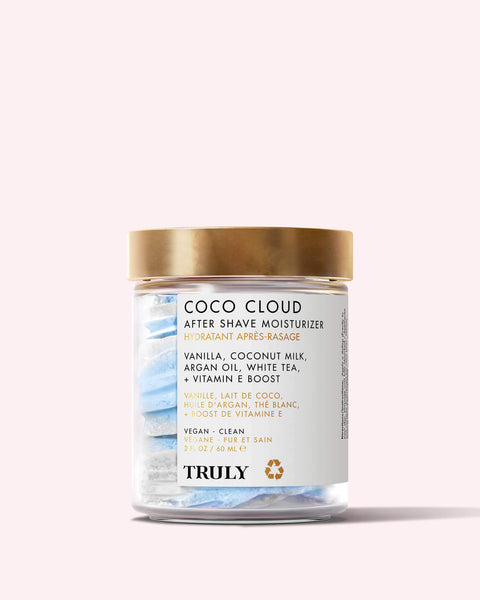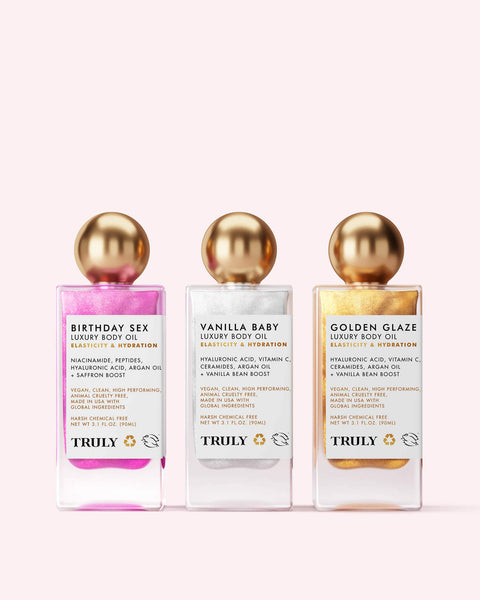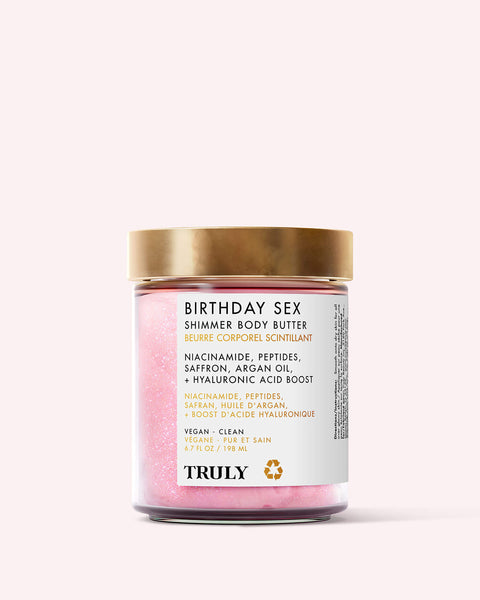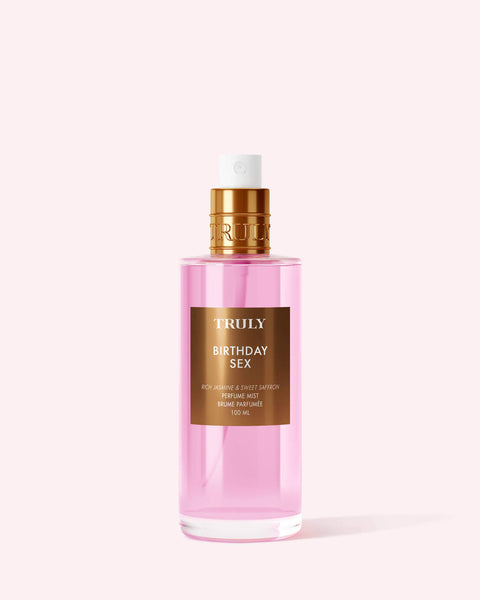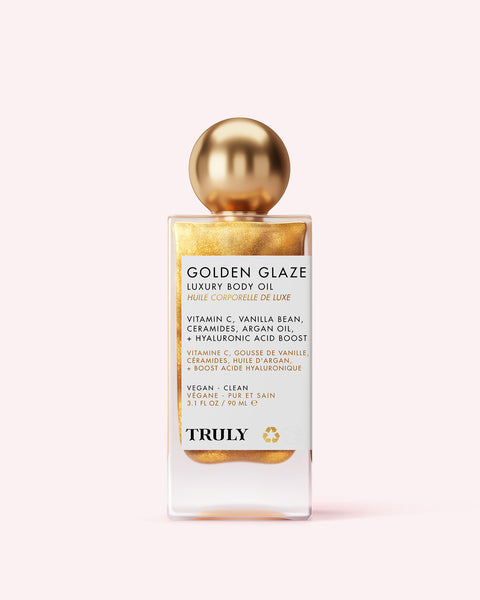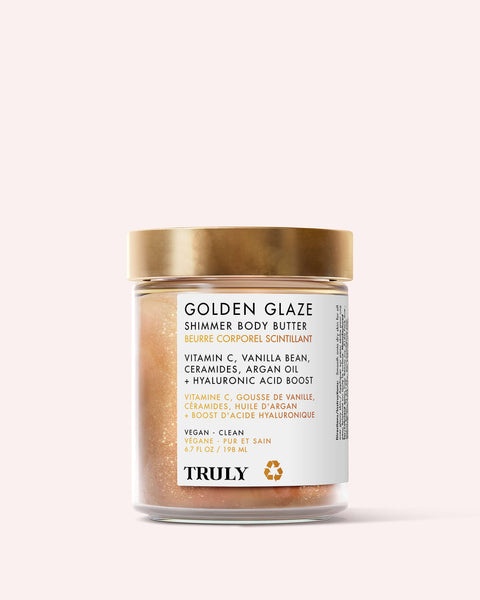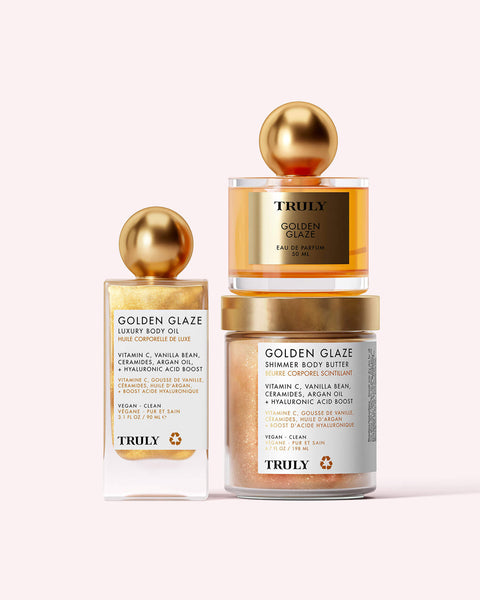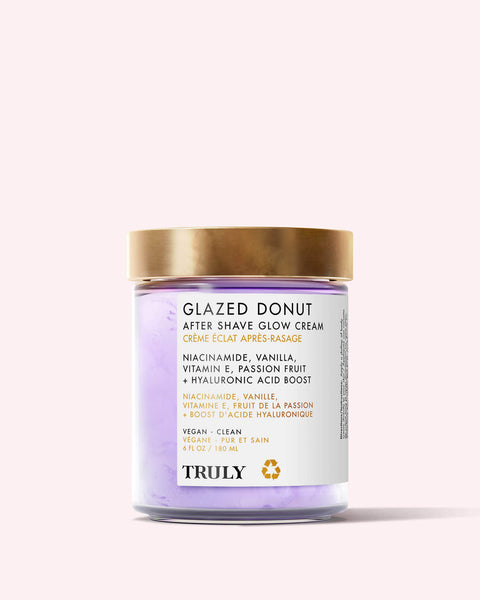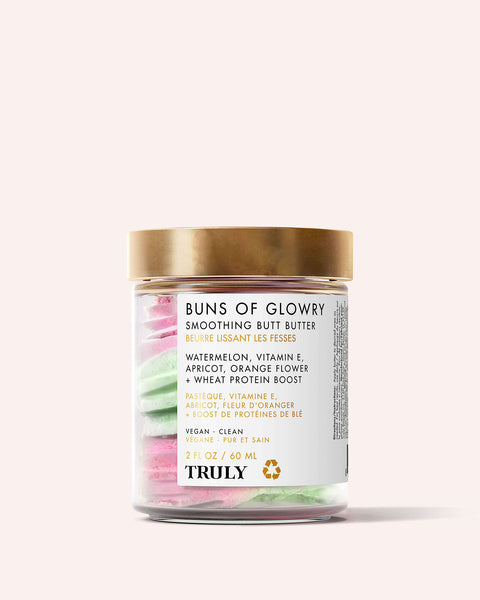3 Signs You're Allergic To Your Skincare Products
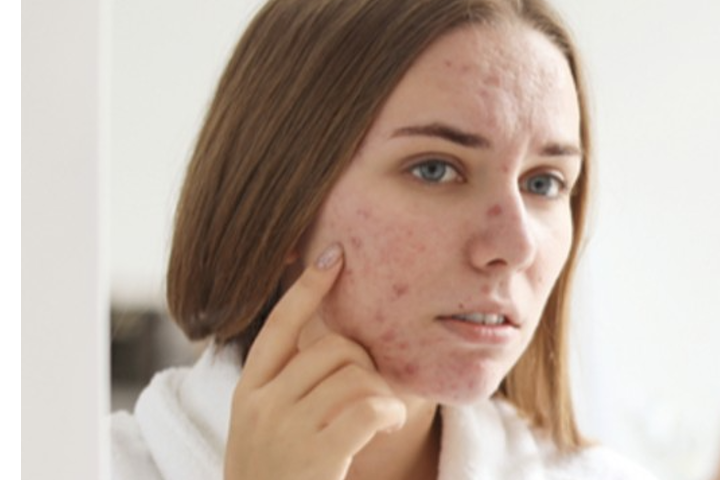
With all the cleansers, serums, and lotions on offer, it can be tempting to slather on every new product you find in the hope of better skin. The trouble is, a lot of skincare products contain active ingredients that can cause allergic reactions — and it can be quite an uncomfortable experience.
But how do you know if you’re experiencing an allergic reaction to your daily face wash or moisturizer? Here’s everything you should know about skin allergies — and the signs to watch out for.
WHAT IS A SKIN ALLERGY?
Especially if you have sensitive skin, it can be easy to confuse skin allergies with skin irritation. They’re two different things. Irritant contact dermatitis is a reaction that occurs when a certain ingredient irritated the skin. It does not involve the immune system, only the skin itself. Allergic contact dermatitis is a true allergy. It occurs when your immune system reacts to a topical ingredient and is typically more severe than irritant contact dermatitis.
“In medical terms, contact allergic dermatitis or an allergic reaction is an immunological reaction of the body to an antigen.” explains dermatologist Dr. Shital Poojary. “It can affect anyone—some people have sensitive skin, while some have an inherent allergy to certain substances. Certain substances are also more allergenic than the rest, such as parabens—these are known allergens, which is why many products labels mention that they are paraben-free.”
3 SIGNS YOU’RE ALLERGIC TO YOUR SKINCARE PRODUCTS
Here are the three main signs you might be dealing with a skin allergy.
#1: Burning
One of the first symptoms of a skin allergy is burning and redness. If you’ve just finished your skincare routine and minutes later your skin begins to feel sore, this could definitely be a sign of an allergic reaction. You may also notice a red rash on your skin after using certain skincare ingredients.
#2: Blisters
In severe cases, you may also experience blisters after layering on your salicylic acid serum or retinol cream. If blisters begin appearing, seek help from your dermatologist straight away.
#3: Hives
Hives are itchy, raised welts that appear on the skin. Typically red, pink, or flesh-colored, hives are caused by an allergic reaction to food, medication, or common allergens found in cosmetic products.
HOW TO TREAT A SKIN REACTION
Here are some quick fixes for skin allergies.
Wash Away the Irritant with Cold Water
Retinoids, alpha hydroxy acids, and vitamin C can be a few culprits behind skin allergies. Even some natural skincare products aren’t always hypoallergenic and can leave you red, itchy, and burning. If you feel the sting coming on after using a product, wash your face immediately with cold water to remove the source of the allergy. Then discontinue using that product. Unfortunately, many over-the-counter treatments can be to irritating for the skin, causing your skin to react. It’s best to avoid the products that leave skin sore.
Apply a Barrier Cream
Once you’ve finished washing away the product with cold water, apply a nourishing barrier cream to soothe inflammation and strengthen skin. We recommend Truly’s Cream Skin Face Moisturizer. It’s made with a hydrating, skin barrier supporting blend of hyaluronic acid and sea kelp to diminish dryness, plump out fine lines, and soothe irritation. Plus, it’s fragrance-free, meaning it’s unlikely to trigger an allergic reaction. If you feel like being extra careful with your products, feel free to perform a patch test before using.
Stop the Itching with a Hydrocortisone Cream
If you are having a mild allergic reaction to a skincare product, you can apply an counter (OTC) hydrocortisone cream to the affected area to minimize redness and itching. This topical medication can also be used to relieve symptoms related to skin conditions such as eczema (atopic dermatitis).
Take an Antihistamine
For quick relief, take an OTC antihistamine, like Benadryl (diphenhydramine) or Claritin (loratadine), which will help alleviate itching. If the allergic reaction affects a large area of your skin, your derm may prescribe an oral corticosteroid, like prednisone.
BEAUTY PRODUCTS THAT CAN CAUSE ALLERGIC REACTIONS
The most common culprits include:
- Cleansers
- Soaps
- Exfoliators
- Shampoos
- Deodorant
- Sunscreen
- Cleansing Wipes
- Creams
- Hair dyes
HOW TO PREVENT ALLERGIC REACTIONS FROM SKINCARE
Here are some of the best ways to prevent skin allergies.
Switch to Gentler Skincare Products
Some skincare products can be way too harsh for the skin. To reduce the risk of having an allergic reaction again, stick to using gentle skincare products free of fragrances, detergents, and preservatives. Especially if you’ve got sensitive or dry skin, you’ll anyway benefit much more from using gentler, more nourishing products.
Perform a Patch Test
Patch tests are the ideal solution to avoiding an allergy in the future. By pinpointing your allergen, it’s easier to stay away from it and avoid the unpleasant side effects of it. We recommend doing a patch test before using new products so that you can be sure it’s safe for you to use.
Strengthen Your Skin Barrier
Your skin barrier is responsible for warding off irritants and keeping skin healthy. By strengthening it, you can prevent the onset of skin allergies. Try Truly’s Soothe Red Skin Set, a three-step redness-reducing skincare routine featuring a cleanser, face cream, and pigment treatment. Utilizing the powers of 24k gold, pomegranate extract, and hyaluronic acid, this soothing routine works to bolster skin barrier function while cooling, calming, and de-stressing skin.
Experiencing allergic reactions to skincare products is more common than you think. It’s important to approach each new product with caution to avoid burning up your face. Just be careful not to confuse pimples with hives. You can seek help from a board-certified dermatologist if you need assistance in identifying an allergic reaction.
Be especially careful with the following skincare ingredients commonly found in OTC formulas: retinol, AHAs, BHAs, vitamin C, and essential oils. If you’ve already got sensitive skin, we strongly recommend checking the ingredients list before using. It doesn’t mean you can’t use these actives, but it does mean staying alert to potential reactions.
